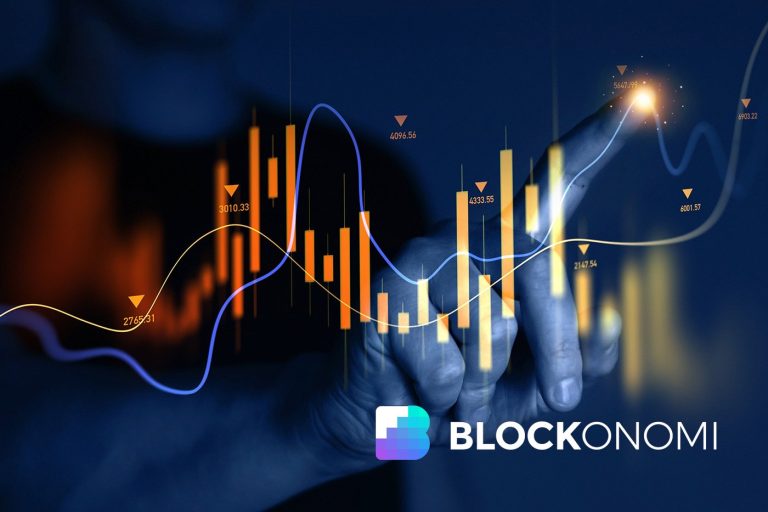
Navigating the Future: Emerging Trends in Fintech Technology
Fintech technology is constantly evolving, and Fintech is at the forefront of this revolution. The financial industry is being transformed by innovative technologies such as blockchain, artificial intelligence, and the Internet of Things (IoT). In this article, we will explore the emerging trends in fintech technology and how they are changing the way we think about finance.
Section 1: Introduction to Fintech

Fintech, or financial technology, refers to the use of technology to improve and automate financial services. This can include everything from mobile payment apps to cryptocurrency exchanges. The goal of fintech is to make financial services more accessible, efficient, and secure.
Section 2: Emerging Trends in Fintech

There are several emerging trends in fintech that are worth noting. These include:
- Blockchain technology: This is a decentralized, digital ledger that allows for secure and transparent transactions.
- Artificial intelligence: This is being used to improve customer service, detect fraud, and optimize investment portfolios.
- Internet of Things (IoT): This refers to the network of physical devices, vehicles, and other items that are embedded with sensors and software, allowing them to collect and exchange data.
- Mobile payments: This refers to the use of mobile devices to make payments, transfer money, and pay bills.
- Cryptocurrency: This is a digital or virtual currency that uses cryptography for security and is decentralized, meaning it is not controlled by any government or institution.
Section 3: The Future of Fintech

So what does the future hold for fintech? Here are a few predictions:
- Increased use of blockchain technology: This will lead to more secure and transparent transactions, as well as the creation of new financial instruments and products.
- More widespread adoption of artificial intelligence: This will lead to improved customer service, more accurate fraud detection, and optimized investment portfolios.
- Greater use of IoT devices: This will lead to more efficient and secure financial transactions, as well as the creation of new financial products and services.
- Increased use of mobile payments: This will lead to more convenient and accessible financial services, as well as the creation of new financial products and services.
- More mainstream acceptance of cryptocurrency: This will lead to more widespread use and acceptance of digital currencies, as well as the creation of new financial products and services.
Section 4: Challenges and Opportunities

While fintech offers many opportunities, it also presents several challenges. These include:
- Regulatory challenges: Fintech companies must navigate complex and often conflicting regulatory requirements.
- Security challenges: Fintech companies must protect customer data and prevent fraud and cyber attacks.
- Scalability challenges: Fintech companies must be able to scale quickly and efficiently to meet growing demand.
- Competition challenges: Fintech companies must compete with established financial institutions and other fintech companies.
Section 5: Conclusion

In conclusion, fintech technology is constantly evolving and is revolutionizing the financial industry. Emerging trends such as blockchain, artificial intelligence, and the Internet of Things are changing the way we think about finance and are creating new opportunities for businesses and individuals. However, fintech also presents several challenges, including regulatory, security, scalability, and competition challenges. By understanding these trends and challenges, we can navigate the future of fintech and create a more secure, efficient, and accessible financial system.






